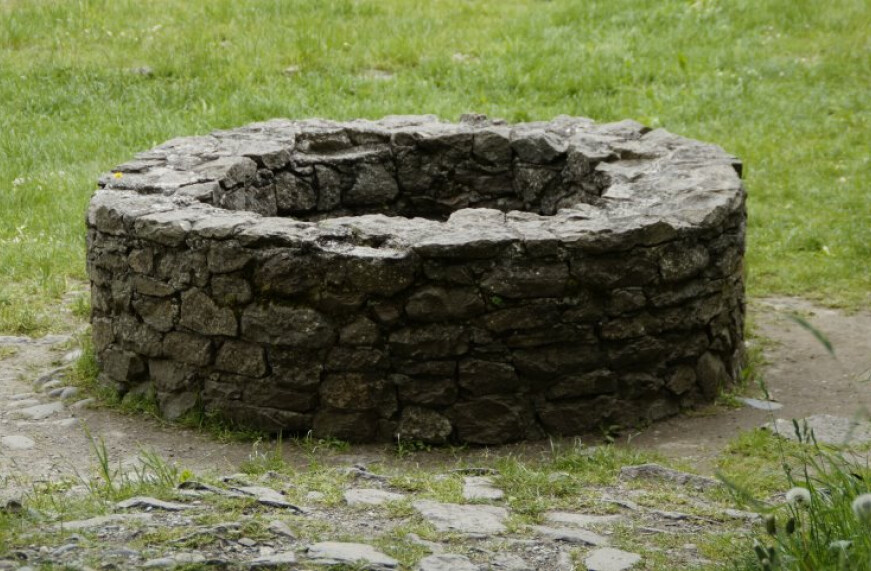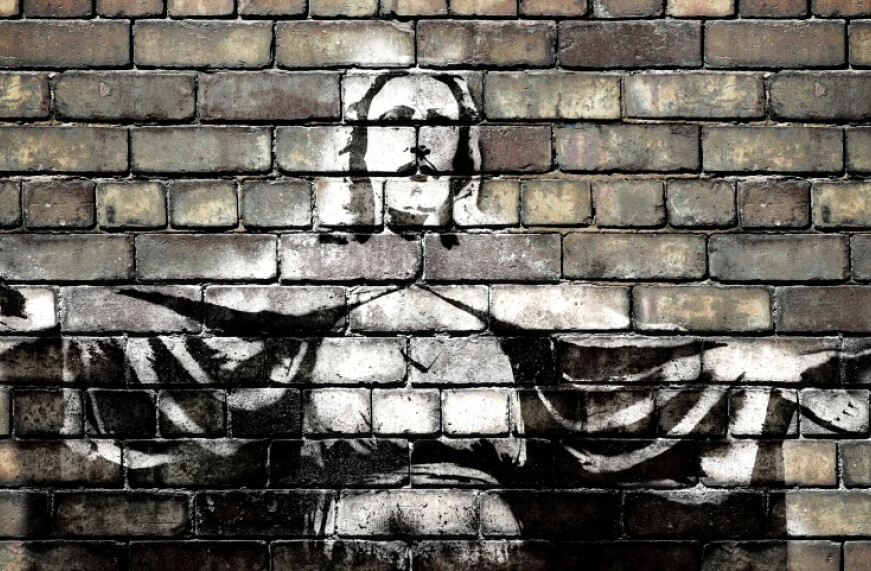Our Catholic faith has many fascinating elements to it. Not many people pay attention to the mystics. These are individuals who possess a gift that allows them to participate in a different level of awareness and connection to Jesus and Mary. There are many Saints who were mystics. They experienced visions and participated in interactions that are, for lack of a better phrase, out of this world.
There is one such mystic today who is a wife, mother of six, and a Secular Franciscan named Anne. She experiences interior locutions. An interior locution is a mystical concept used by various religions, including the Roman Catholic Church. In an interior locution, a person reportedly receives a set of ideas, thoughts, or visions from an outside spiritual source. Interior locutions are most often reported during prayers. An interior locution is a form of revelation, but is distinct from an apparition or religious vision because no supernatural entity is reported as present during the interior locution (forums.catholic.com). I learned of her writings a few years ago, and with skepticism, read them. Even though her texts carry the Imprimatur, I always went into them with a prayer on my lips and in my heart not to fall prey to anything that wasn't Truth. I don't believe I have. I wish to share some of what Jesus told Anne to write. These messages are in line with the gospel. They are simple and clear. Peace!
I am Jesus. I am God. I am complete in myself. I am present in your world and I am present in Heaven. You see. I am omnipresent. Even if you wish to, you cannot remove yourself from my presence on Earth. I created Earth. You might say the earth belongs to me. All on it are also my creation. You, dear beloved one, were created by me. Do I say that you belong to me? I say it in another way. I say, I 'want' you to belong to me. I want to possess your heart. Why do I use the word heart when truly it is your soul that I seek? I use the word heart because people characterize the heart as the place where people hold the love they possess. If you have love, people say you have it in your heart. The heart is known as the source of love and the receptacle of love, so I, Jesus, tell you that I want to possess your heart. When it is all simplified, as it should be, I am saying that I want you to love me. I love you. There is no problem there. I love you today and I will always love you. A difficulty we have is that you do not know me. The only way for me to teach you to love me is for me to reveal myself to you, to allow you to know me. For that reason, I come to you today. I reveal myself to you through these words and through the graces attached to them. If you read these words and sit in silence, you will begin to know me. If you begin to know me, truly, you will begin to love me. Forget anything that tempts you to move away from these words and graces. Rest. Be with me. Allow me to teach you about myself.


